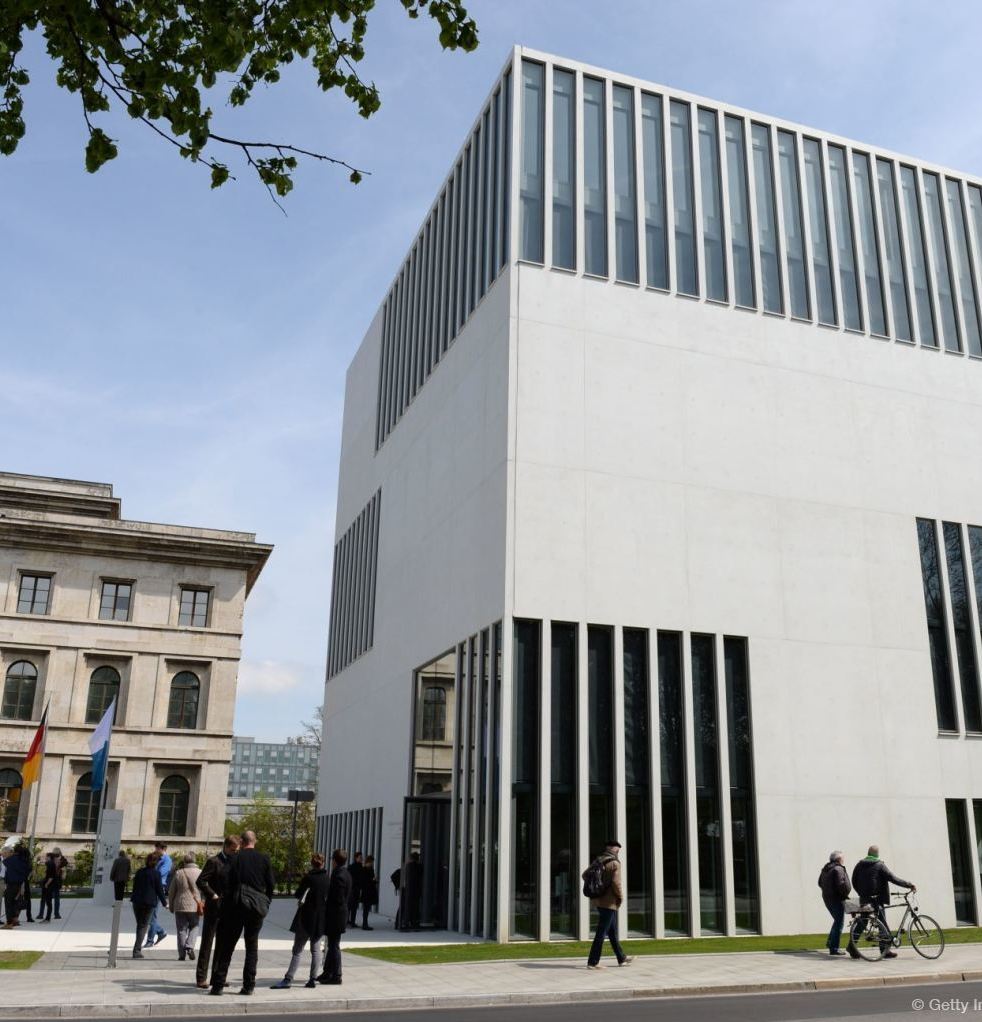Long-delayed Nazi museum to open in ‘home of the movement’
The “Documentation Centre for the History of National Socialism” examines how Munich, which prided itself on its culture of tolerance, thriving arts scene and convivial beer gardens, could become the cradle of fascism. The inauguration coincided with the 70th anniversary of the “liberation” of Munich by U.S. troops at the end of World War II, and of Adolf Hitler’s suicide the same day in a Berlin bunker. Ageing American veterans and Holocaust survivors joined political leaders for a solemn ceremony for the new museum, a modern white cube built among a few surviving neo-classical buildings in what was the Nazis’ organisational nerve centre.
Munich had a harder time with this than all the other cities in Germany because it is also more tainted than any other city. This is where it all began.
Winfried Nerdinger, museum director and son of a local resistance member
Nazism, the Holocaust and the devastation wrought by the war continue to exert a strong influence on German identity and politics. But as they near the end of their lives, many Germans who lived through it are talking more openly and younger generations are grasping at their last chance to hear personal accounts. The trend has intensified around the 70th anniversary of May 8 with media running stories about the last days of the war and tales of German civilian suffering, tales subsumed even a decade ago by national guilt over the war.
There is a yearning for memory. We are seeing an increasing appetite for individual stories about people’s fates.
Paul Nolte, historian at Berlin’s Free University

Europe